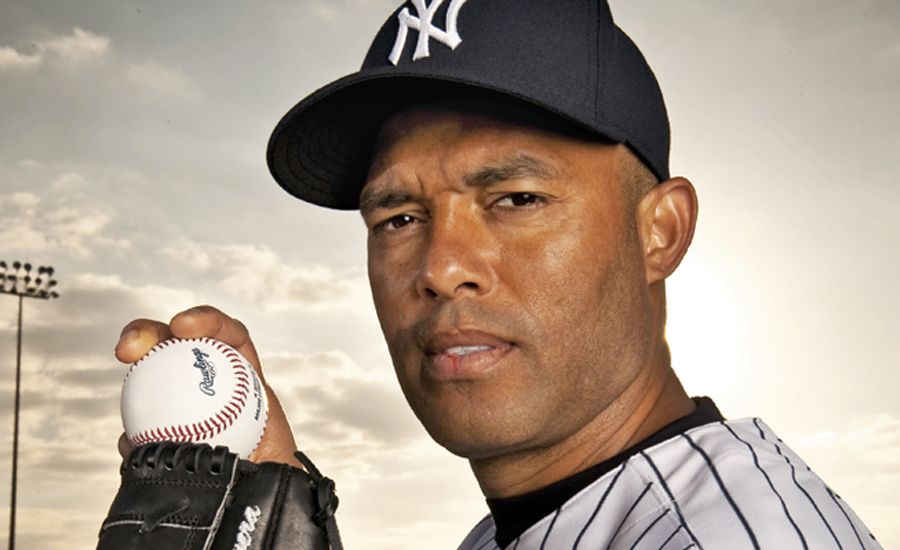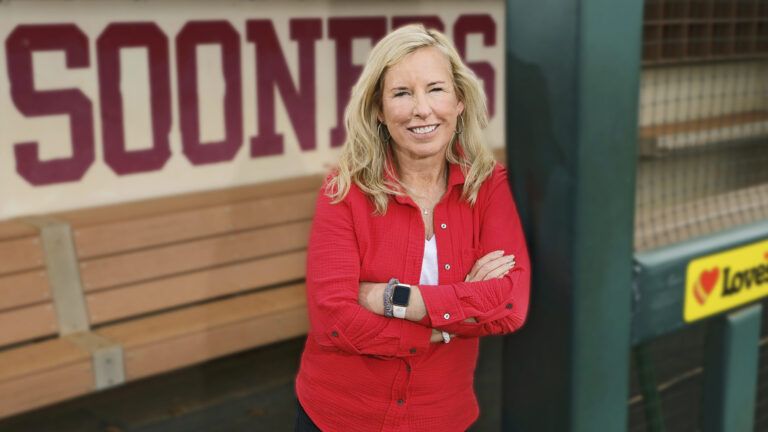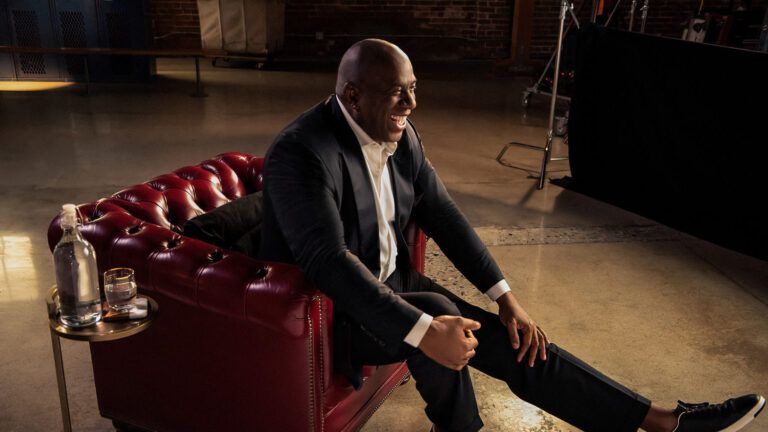Mariano Rivera’s first baseball was a rock wrapped in fishing net and tape. His glove was a flattened milk carton. Growing up in a tin-roofed house in a tiny Panamanian fishing village, he gave little hint that one day, he’d be the greatest closer in baseball history.
At 18 he was earning 50 dollars a week on a fishing boat, playing various positions for a local team. One game, the manager thrust Mariano into emergency relief. “I got results that were way beyond my physical abilities,” Mariano writes in his autobiography, The Closer. That same year, he’d begun studying Scripture at the urging of a cousin.
Two years later, the New York Yankees signed Mariano to a minor league contract. He was a fringe prospect, with an underwhelming 87-mph fastball. In 1995, he was called up to the majors. In four starts, he gave up 23 runs. He was demoted to AAA Columbus.
There, warming up before a game, he noticed that his pitches had more zip than usual. A radar gun clocked his fastball at 98 mph, an impossible gain in velocity. Scouts thought the gun was defective.
Not long after, he played catch with another pitcher, who grew frustrated that Mariano’s throws kept jumping away. Mariano swore he hadn’t changed his grip. But he could not get his fastball to fly straight.
Mariano had found his cutter—a twist on the fastball that breaks sharply at the last second. “I did not spend years searching for the pitch,” he recalls in his memoir. “It was as if it dropped straight from the heavens.”
In 2009, Mariano and his wife, Clara, founded a church in New Rochelle, New York. Their way of giving back for the miracles that brought him from poverty to a sure spot in the Hall of Fame. Mariano’s 2.21 lifetime earned-run average is even more impressive considering he accomplished it with little more than one pitch in his arsenal. A pitch he believes came from God.






